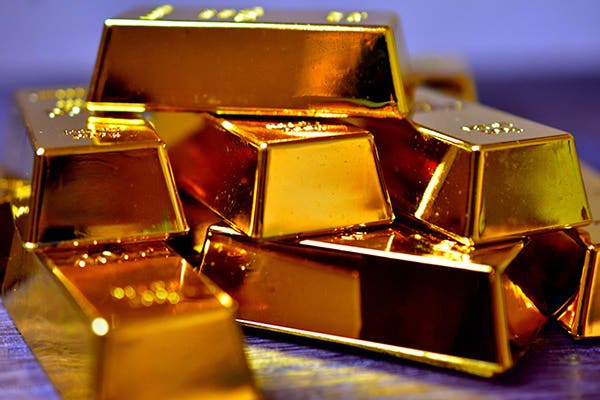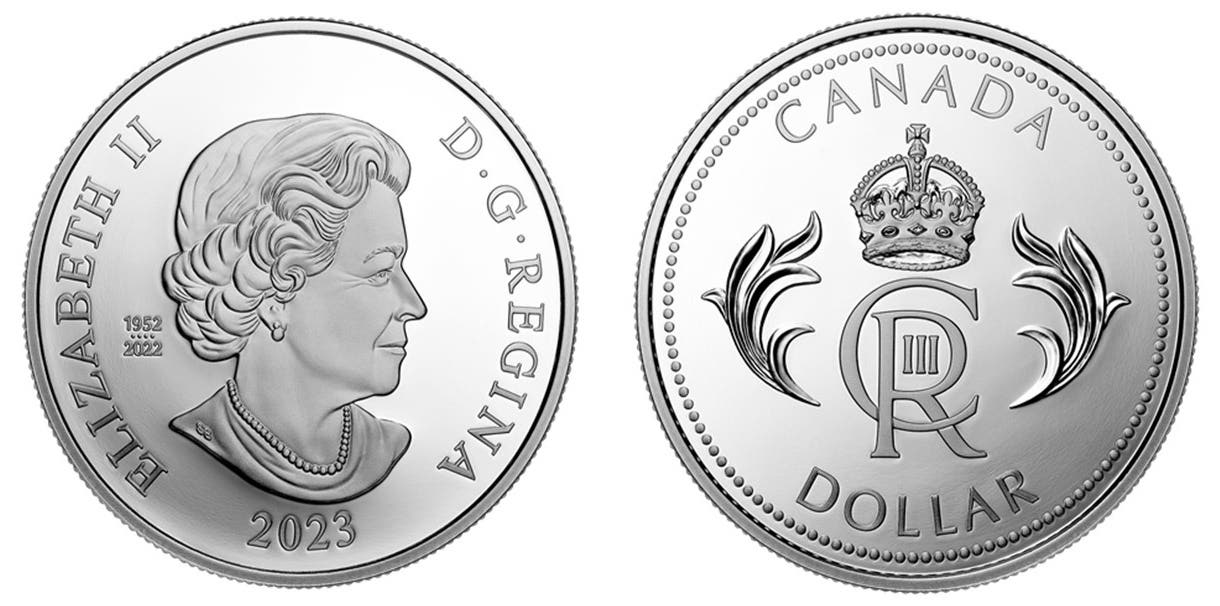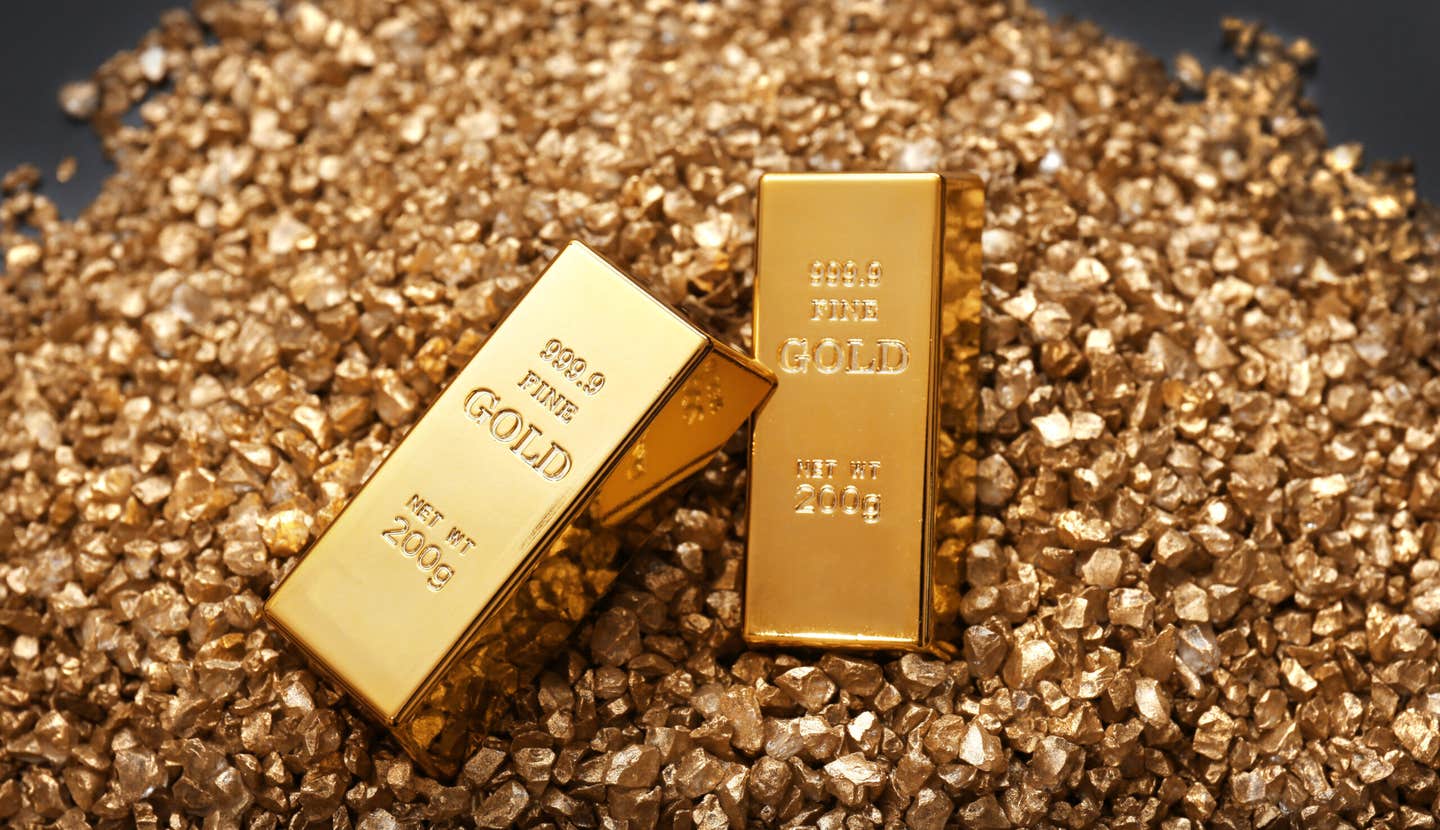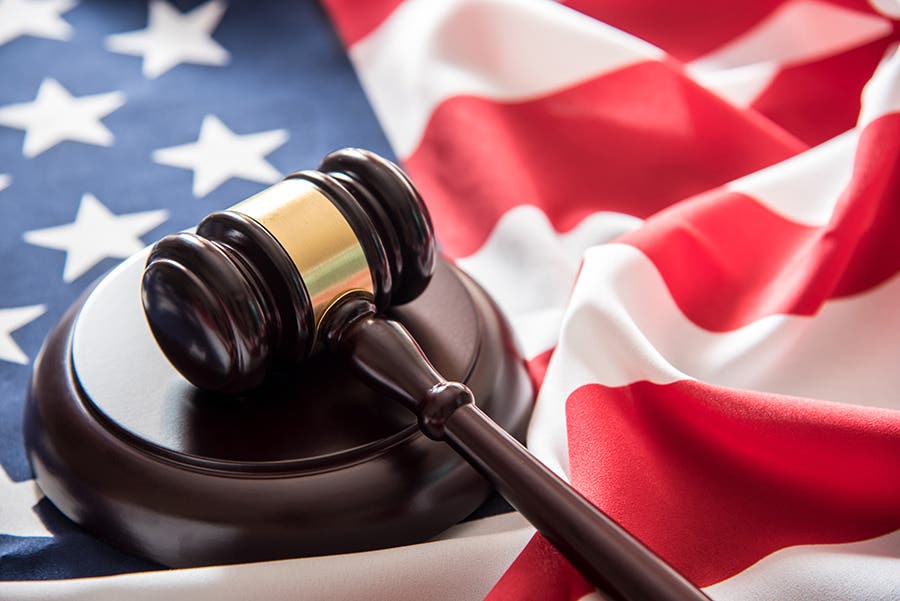Repealing Bullion/Coin Sales Tax Exemptions Harms Less Affluent People and State Governments
Washington’s bullion tax repeal could hurt collectors, investors, and revenues.
The Washington State legislature introduced two bills this month, SB 5794 and HB 2084, which, among other actions, include provisions to repeal that state’s precious metals and monetized bullion sales and use tax exemptions. SB 5794 appears to be the fast-tracked bill. It was quickly passed out of the Senate this past weekend and was on the agenda for the House Finance Committee’s meeting on Monday, April 21. Thus far, attempts to amend either bill to remove the repeal of the precious metals and monetized bullion sales and use tax exemption have been rejected.
The stated reason for repealing this exemption is to collect higher sales taxes from the state government. Unfortunately, the documents submitted and phone meetings over the past year by David Crenshaw and myself, in our capacities as the executive director and industry affairs advisor of the National Coin & Bullion (NCBA), with the Joint Legislative Audit and Review Committee failed to achieve an understanding by that staff that eliminating this sales tax exemption could result in even lower sales tax collections by that state’s government.
Most people intuitively expect that eliminating a tax exemption would automatically increase tax collections. However, the past history of four states that temporarily repealed or suspended their bullion/coin sales and use tax exemptions proves that revoking this exemption is an exception to that concept.
First, you need to understand that sales and use taxes are imposed on " consumed items.” It turns out that investments in precious metal bullion, coins, and currency are rarely consumed. Instead, they are almost always preserved in their original condition so that when resold, any gains or losses would be reportable on people’s federal and (if applicable) state income tax forms.
There are four main reasons why a repeal of a bullion/coin sales and use tax exemption could result in an overall decline in such tax collections.
- As demonstrated for decades, investors refuse to pay sales taxes when investing. When purchasing precious metals and coins, affluent purchasers have multiple alternatives, from making in-store purchases to legally avoiding paying sales taxes on such products. First, they could purchase shares of stock in gold, silver, platinum, or palladium exchange-traded funds. Second, they could purchase commodity futures or options contracts on the COMEX or other exchanges. Third, they could purchase precious metals or coins stored in the vaults of the Royal Canadian Mint, the Perth Mint in Australia, or the Royal Mint in England. Fourth, they could make purchases stored in vaults in Delaware or other states that do not impose sales or use taxes on precious metals or coins. Fifth, purchasers could physically travel to another state with such a sales and use tax exemption to make purchases, then leave them stored in a safe deposit box, second home, or other out-of-state location. Sixth, investors could purchase shares of stock in gold, silver, or other mining companies.
- In-state workers spend part of their earnings on merchandise where that state’s sales taxes are collected. The Michigan Treasury did a study in the 1990s to conclude that 38.5% of payrolls were spent on merchandise where Michigan sales taxes were collected. When states repealed or suspended precious metals/coin sales and used tax exemptions, people stopped shopping at coin dealerships in those states, quickly leading to massive industry layoffs and lower payrolls, meaning lower sales-taxable purchases.
- Coin dealers typically sell other merchandise on which sales taxes are collected. Examples include jewelry, antiques, second-hand merchandise, other collectibles, and hobby supplies. The NCBA 2016 national coin dealer survey found that coin dealers in states that had precious metals/coin sales and use tax exemptions had so much more customer traffic in their stores that their higher sales of still taxable merchandise generated higher sales tax collections that replaced about 2/3 of the sales tax collections lost because of the exemption. In the four states that temporarily repealed or suspended precious metals/coin sales and use tax exemptions, the sharp decline in in-store traffic resulted in a considerable decline in the sales of merchandise on which sales taxes were collected.
- Sponsors of major numismatic conventions have learned that their events have higher dealer and public attendance when located in states that have precious metals/coin sales and use tax exemptions. The greater number of shows and higher attendance at shows in states with these exemptions also generate higher sales, payrolls, and sales tax collections by hotels, restaurants, and the rest of the hospitality industry. When exemptions were temporarily eliminated, the number of coin shows and their attendance declined, resulting in lower sales tax collections by the hospitality industry.
This overall decline in sales and use tax collections after repealing or suspending exemptions on the sales of precious metals and coins was a major factor leading the state governments in Colorado, Florida, Louisiana, and Ohio to reinstate the same or similar exemptions.
Another misconception among proponents of eliminating precious metals and coin sales and use tax exemptions is that the tax burden will fall primarily on more affluent investors and purchasers. Decades of data have proved the opposite.
Those who can make larger purchases have a multitude of options listed above to make their acquisitions without owing sales tax. Instead, it is the people who make smaller purchases, such as customers in my company’s store who may purchase 2-3 ounces of silver each payday, who cannot arrange to make larger purchases that would not be subject to sales tax. Effectively, advocates of eliminating precious metals and coin sales and using tax exemptions penalize lower-income state residents, not the affluent.
Some states that have adopted precious metals/coin sales and use tax exemptions require a minimum total purchase for the exemption to apply. Texas previously required a minimum purchase of $1,000 for the transaction to be exempt from sales tax. In 2013, Texas eliminated its minimum purchase threshold after considering that exempting all precious metals and coin purchases would only result in a loss of another $50,000 annually in tax collections. Connecticut currently has SB01552 in the legislature calling for that state to eliminate its $1,000 minimum purchase threshold for precious metals and coins to be exempt from that state’s sales and use tax.
The legislators and bureaucrats in the state of Maryland, who just adopted a repeal effective July 1, 2025, of a precious metals and coin sales and use tax exemption everywhere in the state except at coin shows held in the Baltimore Convention Center, will soon learn that their hoped increase in tax collections by this action will fail. Will the politicians and bureaucrats in the state of Washington soon make a similar mistake?
Last column’s numismatic trivia question.
Last time, I asked—What is technically inaccurate about the 2001 US American Buffalo Silver Dollar? As with the Buffalo Nickel, the animal depicted on these coins is not a buffalo. It is an American Bison, which is not a Buffalo.
This week’s trivia question
Here is this week’s question. What were the problems that led to the demise of the US Mint’s first attempt at a bullion program—the 1980-1984 gold American Arts Commemorative series? Come back next week for the answer.
Patrick A. Heller was honored as a 2019 FUN Numismatic Ambassador. He also received the American Numismatic Association 2018 Glenn Smedley Memorial Service Award, the 2017 Exemplary Service Award, the 2012 Harry Forman National Dealer of the Year Award, and the 2008 Presidential Award. Over the years, he has also been honored by the Numismatic Literary Guild (including twice in 2020), the Professional Numismatists Guild, the Industry Council for Tangible Assets, and the Michigan State Numismatic Society. He is the communications officer of Liberty Coin Service in Lansing, Michigan, and writes “Liberty’s Outlook,” a monthly newsletter on rare coins and precious metals subjects. Past newsletter issues can be viewed at www.libertycoinservice.com. Some of his radio commentaries, "Things You ‘Know’ That Just Aren’t So,” and “Important News You Need To Know,” can be heard at 8:45 a.m. Wednesday and Friday mornings on 1320-AM WILS in Lansing (which streams live and becomes part of the audio archives posted at www.1320wils.com).
You may also like:








